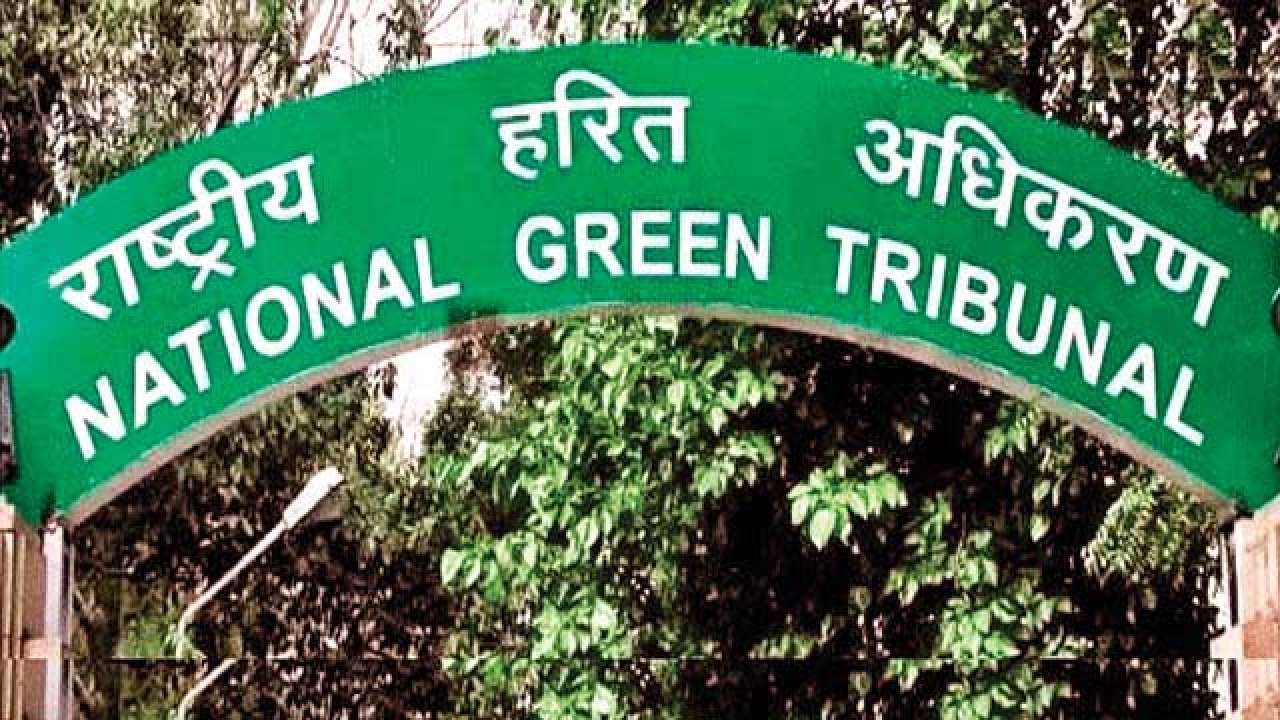
The National Green Tribunal Act 2010, established the National Green Tribunal (NGT) on October 18, 2010. The NGT aka Indian environmental court, enables the creation of a special tribunal to handle the expeditious disposal of the cases pertaining to .
Difference between a Court and Tribunal
The Supreme Court has stated that “Every Court may be a Tribunal but every Tribunal is not a Court”. This statement clearly indicates that every court may hear cases on variety of issues apart from environmental problems but a tribunal is a court which only hears cases pertaining to environmental issues and the environmental laws which are mentioned under Schedule I of the National Green Tribunal Act, 2010.
Following are the laws mentioned under Schedule I of this Act
• The Water (Prevention and Control of Pollution) Act, 1974;
• The Water (Prevention and Control of Pollution) Cess Act, 1977;
• The Forest (Conservation) Act, 1980;
• The Air (Prevention and Control of Pollution) Act, 1981;
• The Environment (Protection) Act, 1986;
• The Public Liability Insurance Act, 1991;
• The Biological Diversity Act, 2002
Objectives of the National Green Tribunal
- To solve all the cases pertaining to environmental issues in the quickest and most effective manner possible.
- To strictly implement all the rights pertaining to the environment.
- To provide compensation and justice to all the victims of environmental problems.
Composition of NGT
Judges and environmental experts mainly constitute a tribunal. The Chairperson will have the authority to make the final decision in case of any tie between number of judges against and in favor of a decision. At least one expert member and one judicial member must be present in each bench of the tribunal.
The composition of the National Green Tribunal is given in Section 4 of Chapter II of the National Green Tribunal Act, 2010.
The tribunal shall consist of the following people
- A full-time Chairperson, who is appointed for a period of five years.
- The minimum and maximum number of environmental experts constituting a tribunal is 10 and 20, respectively.
- Anyone who has specialized knowledge and experience pertaining to environmental problems may be invited by the Chairperson in order to assist the Tribunal.
Structure of National Green Tribunal
The principal bench of the NGT is New Delhi. Pune is chosen as the Western Zone Bench, Bhopal as the Central Zone Bench, Chennai as the Southern Bench and Kolkata as the Eastern Bench. Each Bench has a specified geographical jurisdiction covering several States in a region are covered by each bench.
Amendments
- As per the amendment in Clause 18(2)(e),all the citizens of India have the opportunity to approach the National Green Tribunal.
- As per the amendment to Section 19(a), all the important principles concerning the environment will be considered while deciding any case.
- If the individual is not satisfied with the Tribunal’s decision, he or she can file an appeal in the Supreme Court of India.
- All the members of the Tribunal would be selected in a fair manner by a selection committee.
Penalties and Procedure
Imprisonment for about three years or fine extending to Rs. 10 crores or even both may be imposed on any individual who disobeys any order issued by the NGT.
If someone still continues to disobey the orders given by the Tribunal then in such cases A fine of Rs. 20,000 has to be paid by the guilty person provided on further violation of the NGT’s orders.
